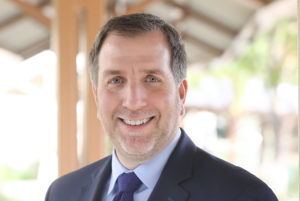
Booster shot clinics at long-term care facilities are expected to begin immediately after the Centers for Disease Control and Prevention on Friday recommended that Pfizer’s COVID-19 booster dose be administered to eligible residents and workers in long-term care facilities.
The CDC’s recommendation for Pfizer’s third shot also applies to seniors aged 65 and older and younger people with underlying medical conditions. It recommends these groups receive the shot at least six months after their first series of shots.

The agency also overruled a previous recommendation from its Advisory Committee on Immunization Practices and recommended the booster for those who work in high-risk and institutional settings, such as healthcare workers.
“It is clear [as of] today that recipients of the Pfizer series in long-term care facilities are eligible for a booster of Pfizer as early as six months after their second dose,” Chad Worz, Pharma, CEO of the American Society of Consultant Pharmacists, told McKnight’s Long-Term Care News on Friday. “Those clinics and arrangements for the booster should begin to be made.”
“There will be some coordination and challenges since this booster is limited to Pfizer,” Worz added.
Worz explained that the booster is an attempt to quell infections in people who may have a more difficult time if they are infected, like those over 65, especially those in long-term care.
“Staying calm and being patient as we deploy boosters and flu vaccines to the over 15,400 nursing homes and over 35,000 assisted living centers will be key,” Worz said. “This recommendation and the data behind isn’t a reason to rush but more a reason to make sure a booster is given in a timely manner to people who have received the Pfizer series.”
The third dose approved is only available for those who were initially vaccinated with the Pfizer vaccine, not Moderna or Johnson & Johnson. Moderna has submitted data to federal health officials on its own booster shot.
“Part of the reason for that is they have not evaluated the data and there is likely to be potentially different doses and/or different booster intervals based on the vaccines,” Worz explained. “It will be important for everyone to take this next phase of boosters one step at a time as CDC evaluates and makes recommendations.”
In other vaccine-related news, the Centers for Medicare & Medicaid Services on Friday also announced that the agency will pay for COVID-19 booster shots, without cost sharing, for Medicare beneficiaries and eligible recipients on Medicaid. It currently pays for vaccinations without cost sharing.





